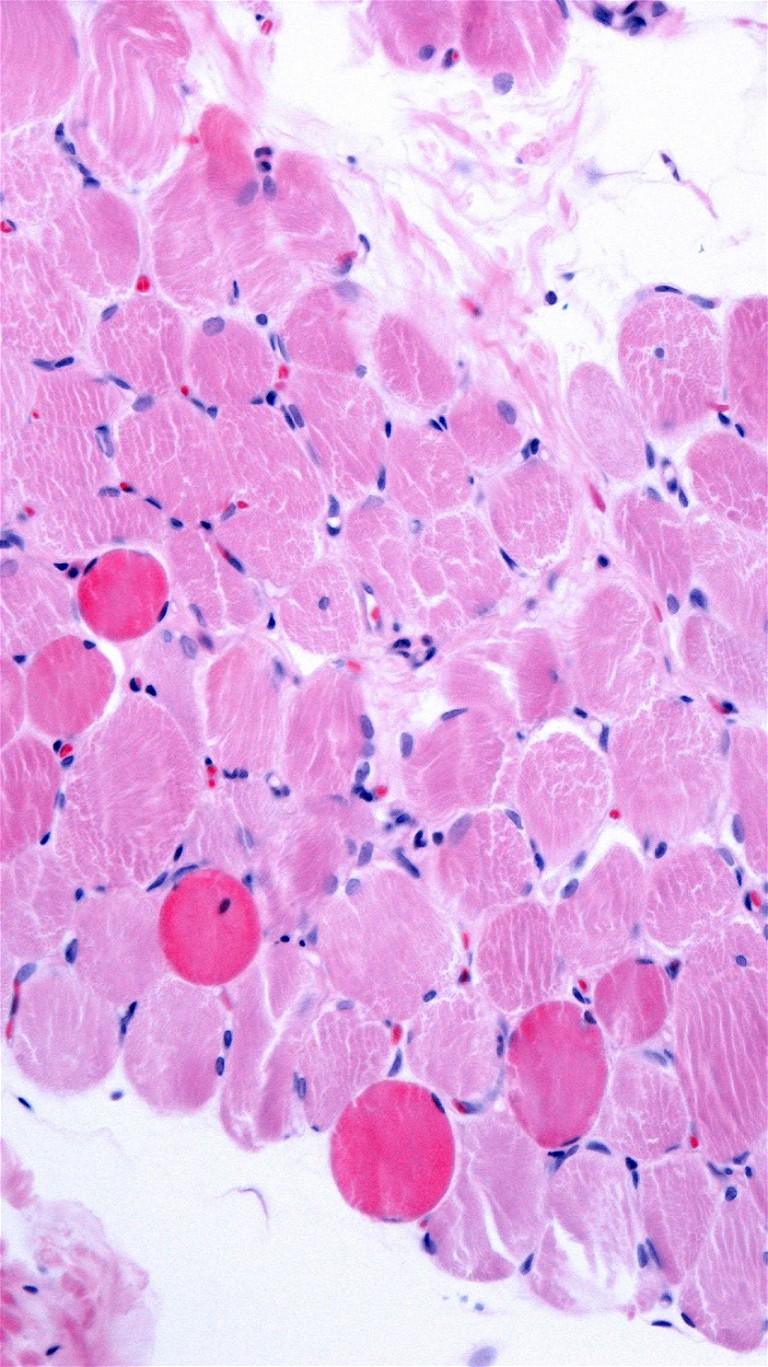Approvals
FDA expands approval for Sarepta Therapeutics’ DMD treatment
Sarepta Therapeutics has announced that the US Food and Drug Administration (FDA) has approved an expansion to the labelled indication for Elevidys (delandistrogene moxapar vovec-rokl) to include individuals with Duchenne muscular dystrophy (DMD) with a confirmed mutation in the DMD gene who are at least four years of age.
The FDA has approved the drug for ambulatory patients, as well as granted accelerated approval for non-ambulatory patients. The continued approval for non-ambulatory DMD patients may depend upon verification of the clinical benefit in a confirmatory trial.
Sarepta has confirmed that it has committed to conducting and sharing results from a randomised, controlled trial in order to verify and confirm the clinical benef it of Elevidys in patients with DMD who are non-ambulatory.

Doug Ingram, president and chief executive officer at Sarepta, commented: “Representing many years of dedicated research, development, investment and creative energy, the expansion of the Elevidys label to treat Duchenne patients aged four and above, regardless of ambulatory status, is a defining moment for the Duchenne community. Today also stands as a watershed occasion for the promise of gene therapy and a win for science. At this pivotal moment, I want to give warm thanks to Drs Jerry Mendell and Louise Rodino-K lapac for their dogged, 20-year pursuit of a gene therapy to treat this ruthless and life-robbing disease; to the FDA for following the scientific evidence to speed delivery of a therapy for a life-threatening rare disease to waiting patients; and to the many clinical investigators and courageous Duchenne families who have participated in the multiple studies that led to this important day.”
“Today’s expansion of the Elevidys label represents the culmination of my 50-year pursuit of a treatment for Duchenne patients and, along with my colleague Dr Louise Rodino-Klapac, a nearly 20-year effort to optimise and develop a gene therapy that could be safely and effectively delivered to muscle,” said Jerry Mendell MD, co-inventor of Elevidys and senior advisor, Medical Affairs, Sarepta. “The initial approval of Elevidys was a significant milestone, and the expanded indication means clinicians now have a treatment option for the great majority of boys and young men living with Duchenne. This expansion speaks to the success of the science, the evidence and the improvements in the trajectory of the disease we have seen to date across studies.”